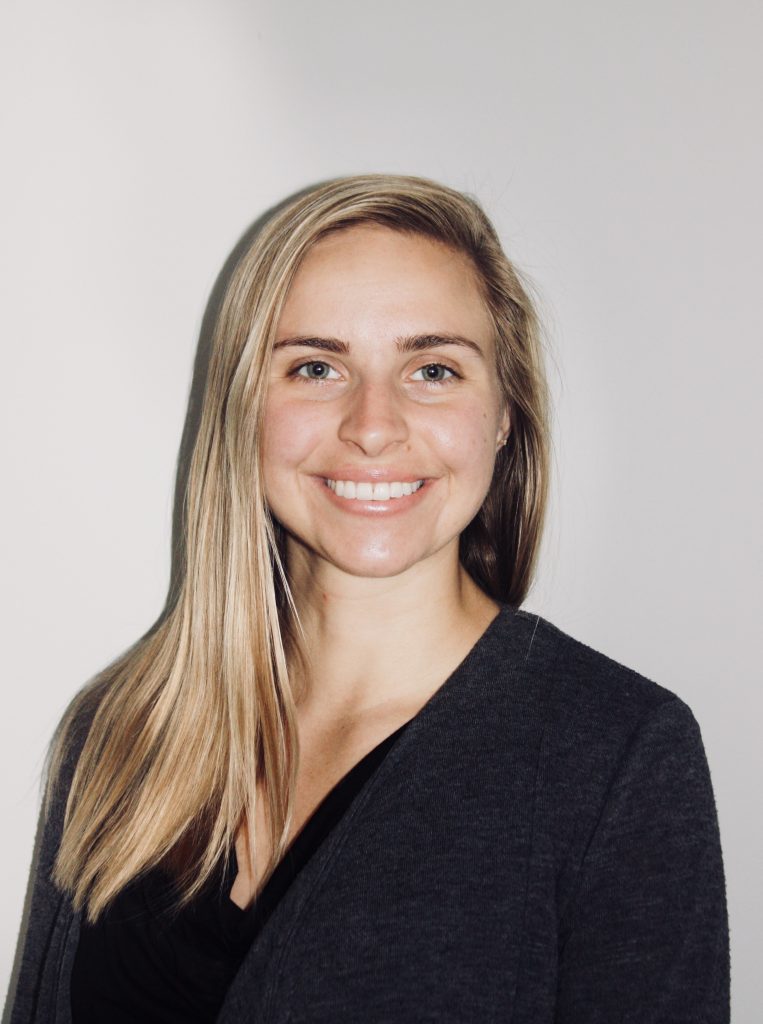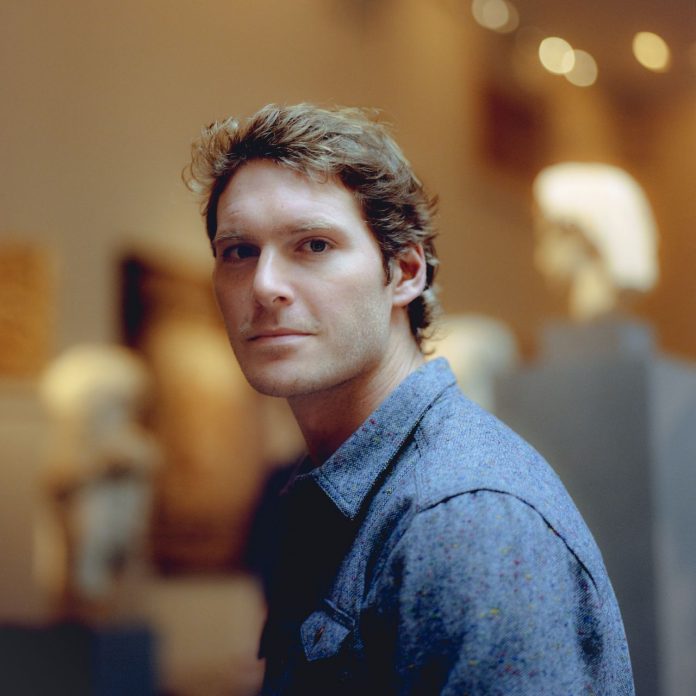
By Mark Ramos
Northeast Times
Today, it’s hard to imagine a world without our phones. They are attached to our hands 24/7 with little time for breaks from them. However, Yondr, a company committed to creating digital-free spaces with its signature “Yondr Pouch,” is changing the game in Philadelphia and elsewhere.
“I think people are becoming more aware of it now, especially since the pandemic,” CEO Graham Dugoni told the Times. “You can see the impacts smartphone use, the internet and social media in general have on young people. We’ve been working in this space for a long time, so we’ve seen it for a long time. Our goal is to help administrators and schools want to create a phone-free campus for their students.”
Yondr was created in 2014 and in 2018, Fels High School was among the first to experiment with the product. The way it works is that students place their phones into secure pouches that are then sealed and can only be opened at the end of the day with a specific device. The pouch is helping subside cyber bullying, fighting and distracted learning while also helping to nurture social and emotional development at the same time. While Dugoni’s interest mostly fell between sociology and technological philosophy in the beginning, it was also driven by observation.
“I watched the rising rate of anxiety, depression and just interpersonal interactions,” Dugoni said. “The basic hypothesis for me was, ‘Have people changed or have the tools we’ve used changed.’ It became clear that people can’t change that quickly so that was my departure point.”
Yondr is being utilized in 52 schools in the School District of Philadelphia (27 public, 25 charter) by providing secure pouches for students’ mobile phones. The contract that Yondr has presented to the school district would fall under discretionary expenditures that the district can direct at initiatives that will benefit students, outside of simply increasing the number of teachers.
The results look promising for digital-free spaces. Julia Gustafson, director of education partnerships for Yondr, is excited about the partnerships the company has created in Philadelphia.
“It’s all spread by word of mouth,” Gustafson said. “We don’t do any advertising or marketing in a traditional sense, so if a school wants to use Yondr, it’s because they’ve heard from other schools about the success they’ve had with our program.”
The term “partner” is one Yondr takes to heart. After all, the company is there every step of enhancing the schools’ culture, even when it comes to the successes and, of course, the failures. The reactions Yondr has gotten from faculty have been key in how the company creates its program.
“The feedback from teachers is cool because they feel as if they can have their classroom back and can have authentic relationships with students again,” Gustafson said. “I think the reason a lot of schools initially reach out is from an academic perspective, but largely the cultural shift, too, and that feedback is really fun as well.”
A lot of said feedback is anecdotal. A few of the schools have said that the lunchrooms are louder, and students are “bored” so they fill that time by checking out library books and playing board games during free periods. Some schools have even bought ping-pong tables and now host tournaments for students.
“When the focus isn’t on a little screen, the possibilities really are endless,” Gustafson said. “There’s a whole generation that hasn’t had the experience of what a moment can be like if it’s not being impacted by a cell phone and we’re providing students eight hours a day of that experience and what engagement truly can be like. Instead of showing you data, we can just show you what a phone-free day or class looks like and they can see the benefits from themselves.” ••





